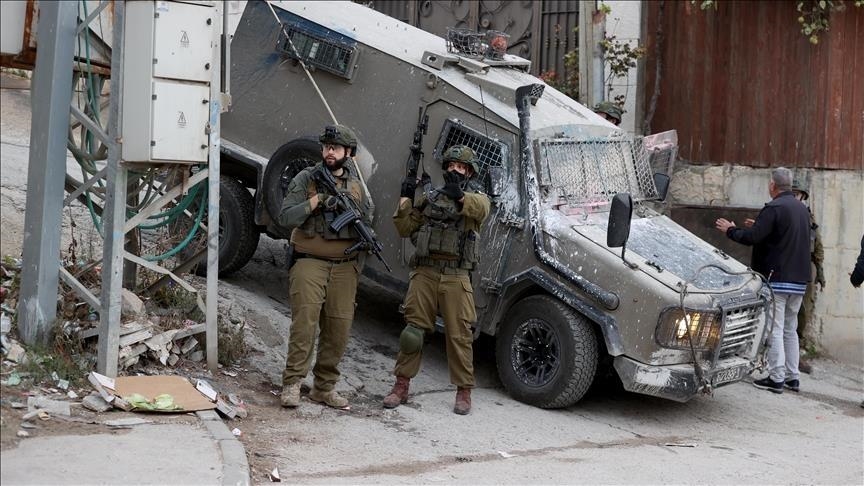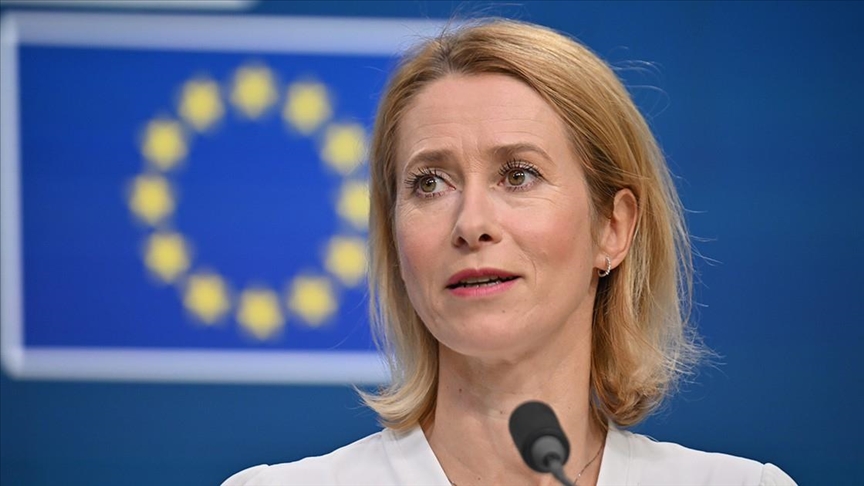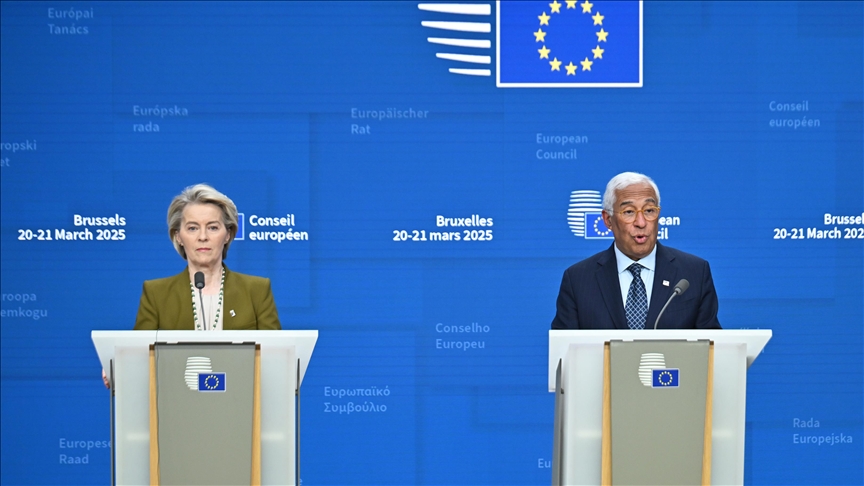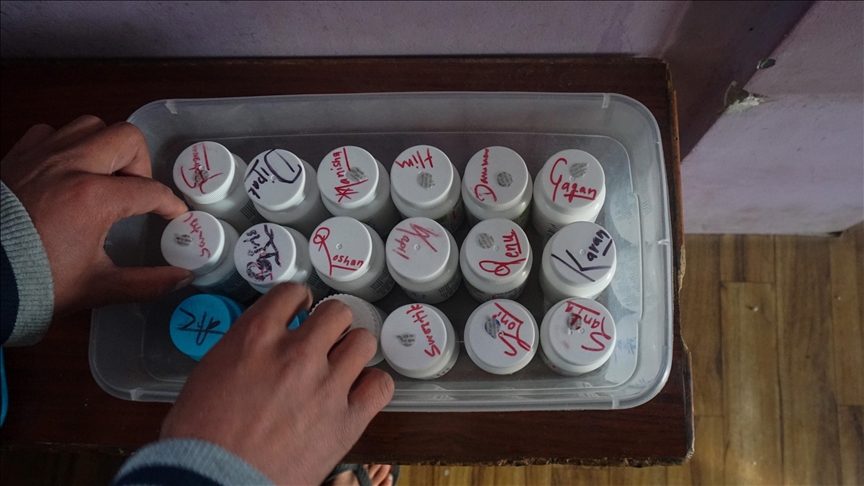On May 14, Russian President Vladimir Putin met with the newly-elected Prime Minister of Armenia Nikol Pashinyan, who, with his closeness and lack of coherent communique on its results, was more like an intelligence officer and the leader of public protests in communication with him. This comparison becomes even more relevant if we consider who the two participants were before they became heads of their states. From this, the title of this article was born.
The meeting, which clearly had the character of a personal acquaintance, more resembled to inspections of Pashinyan by Vladimir Putin. Moreover, it was organized and held in closed mode, which is not surprising, since such a working meeting is not an official visit at the state level, so it should not be announced in advance. But the number of questions for its preparation and conduct does not decrease from this.
And the first among them - who was the real initiator of it? Official reports on its results from both the Russian and Armenian sides are silent on this. But if you look closely at the working schedule of the Russian president who went to Kuban personally to inspect the completion of the construction of the Crimean bridge across the Kerch Strait and set the date for its opening, you immediately understand that this meeting was exposed to this working trip of Vladimir Putin around the country. And he invited Pashinyan to visit him for personal acquaintance and the first conversation, of course, he.
The head of the Russian state ,who is loyal to his Chekist hardening, had to form his opinion on Pashinyan not from intelligence reports about his activities in Armenia, in order to adequately understand whether he could work with this man or not. The desire is quite reasonable and strategically correct, since in quite a recent history, by the way, Russia had one mentally unbalanced head of state, a permanent revolutionary, like Leon Trotsky or Che Guevara - I mean Mikhail Saakashvili, with whom Putin has no dialogue happened.
It was a crucial point for Russian President to understand whether Pashinyan is the second Saakashvili or not. The question for Russia and personally for Putin is far from idle. And the point is not whether the Americans will come to Armenia - they have been there for a long time. The US Embassy in Yerevan numbers 1,500 people and is the second largest American embassy in the world after Baghdad. So the presence of the star-striped flag in this country is secured. The main thing that Putin had to clarify for himself during this meeting was to understand, or at least feel, whether Pashinyan would pursue the same policy in his country as Saakashvili did in his or not? The entire future system of Russian-Armenian relations will directly depend on the answer to this question.
Moscow in the international arena has already twice stuck in the same geopolitical trap that the United States set up for it - in Georgia and Ukraine, in the first case - with less success, in the second - with much more. Something similar has been invented in Armenia. Now something similar has been done in Armenia, and now Washington is eagerly waiting for Moscow to hit the hook for the third time.
The essence of Washington's plan against Russia is regarded as an absolutely primitive and obvious, and based on this point, this plan looks even more effective. The chief purpose is to isolate Russia from economic contacts with developed world economies, or at least make it so that the benefits from such contacts are minimal. By the way, the entire US sanctions policy against Russia is aimed precisely at this. Russia must find itself in technological, scientific, technical, scientific, cultural isolation from Western civilization and gradually rot, eating its natural resources.
And in order for this policy to be more effective, in the countries of the post-Soviet space it is necessary to solve the twofold task of reformatting the consciousness of the local population in an anti-Russian spirit and destroying the national economy to the ground. After that, Russia, even if it gets stronger economically and militarily, will not be able to return to its former borders, as it will cost very much from the economic point of view - it will have to rebuild the economy from scratch, take on the maintenance and re-educate the local population.
The first experience of implementing this policy has occurred in the Baltic countries, which now exist exclusively on EU subsidies, which should cease in 2021. The peace scenario of the implementation of this plan was later tested in Moldova, the force scenario was applied in Georgia, in Ukraine, which exists now exclusively at the expense of foreign investments, the first in general being financed by a separate line of the US budget, and now in Armenia. The American elite, as the practice of the last decades shows, it does not matter what will happen in the future with these countries and their peoples, what is important for it - what will not be there - the revival of Russian military and political influence and economic presence.
All European countries, with the exception of Azerbaijan, are gradually and steadily turning into an economic desert. Thus, it was important for Putin to understand whether Pashinyan would lead his country along the same path.
If to believe the reports of the Russian press, Putin obviously deemed to listen to Pashinyan, and not speak himself. That is why he began a conversation with a secondary topic about increasing the export of Armenian agricultural products to the Russian food market, even indicating an exact figure of growth - 39 percent. I reckon that for Pashinyan this beginning of the conversation sounded mocking, since Russian Federal Consumer Rights Protection and Human Health Control Service ( Rospotrebnadzor) - the federal agency for quality control of goods and services - on May 10, publicly and with the help of the official news agency RIA Novosti warned the Armenian side about a possible ban on import of vegetables from this country because of presence of causative agents of decay. From Putin's side, this topic, which became almost the main one in all the information communiques following the meeting, was a sort of trial balloon, which Pashinyan did not seem to react and discuss the "tomato" issue. Indeed, why should he discuss the issues, as head of state, which are completely unrelated?
On the other hand, Pashinyan, like a revolutionary politician, who had just sat down in the prime minister's office, got rid of the barricades and immediately began talking about geopolitics, the questions of which are much more intimate and distinct than economic issues. He did not break the comedy, he immediately called Russia "a strategic ally" and thus asked the Kremlin a direct question - will he finance him in the same way he financed the regime of Serzh Sargsyan. Vladimir Putin was clearly surprised by such cynical immediacy on the verge of impudence and responded evasively. That was the end of the meeting.
The meeting of the leaders of Russia and Armenia in Sochi on May 14, makes it possible to make only one preliminary conclusion for the reason of its boring informational enlightenment. Vladimir Putin, in theface of Nikol Pashinyan, clearly confronted a man who, as they said in Bolshevik Russia in 1919, was a "heightened sense of revolutionary expediency," a single-minded and even fanatical person for whom the personal authority of the head of the Russian state, recognized throughout the world, means. But for him very much, or even all, mean his own ambitions. In this Pashinyan is very close to the psychotype of Saakashvili.
He will not talk with Putin from a position of junior or equal, he already speaks with him from the position of the first. That is why the reports on the first meeting of the heads of the two countries are so little informative, since the first familiarity of two presidents turned into a battle of personal ambitions.
Thus, while there is a firm impression that US diplomats have searched for such a personality among the Armenian opposition for Serzh Sargsyan's regime for a long time, and when they found it, they began to untwist it to confront the ambitions of Pashinyan and Putin, as they had previously collided ambitions of Saakashvili and Poroshenko with Russia.
Oleg Kuznetsov,
Russian political scientist and historian










